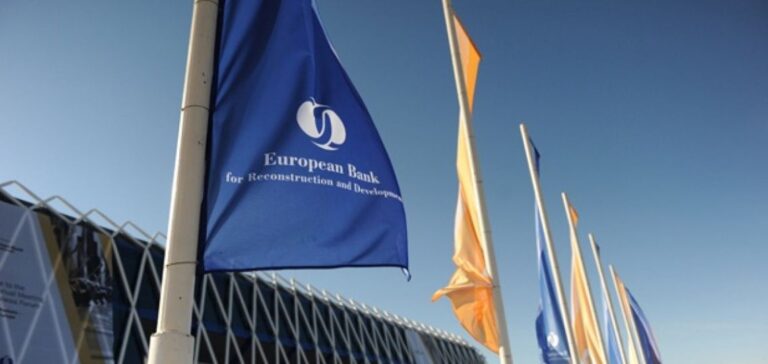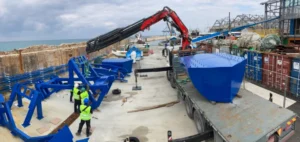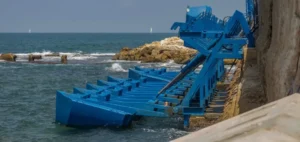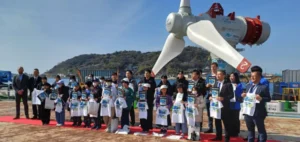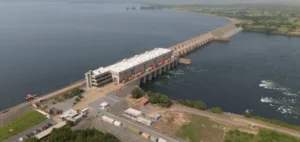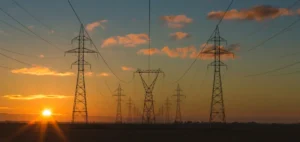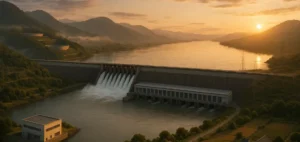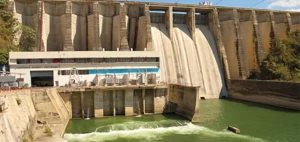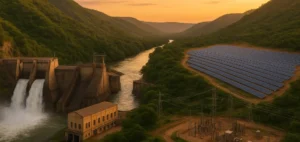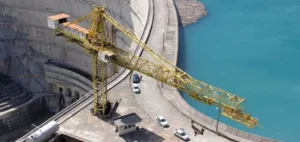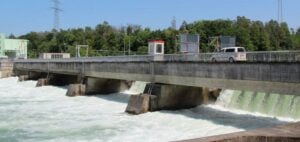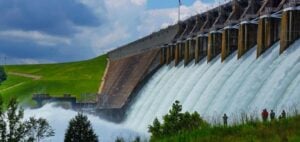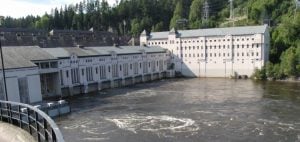The European Bank for Reconstruction and Development (EBRD) has announced €13.8 million in financing for the rehabilitation and modernization of the 7.6 MW Lebedinovskaya hydropower plant in Kyrgyzstan. This plant provides electricity to Bishkek, the country’s capital, but its aging equipment requires urgent renovation. The EBRD decided to provide a sovereign loan of €8.8 million and an investment grant of €5 million to Chakan GES, the state-owned operator of nine hydropower plants.
Productivity improvement and resilience to climate change
The modernization of the plant will increase annual electricity production by 56%, or 50,300 MWh. Efficiency and safety improvements will help Chakan GES build resilience to climate change and adapt to variations in water flow. EBRD said this initiative will improve Bishkek’s energy security and the climate resilience of the national energy system. The project also represents the EBRD’s largest investment in the country’s hydroelectric sector in 20 years.
Promotion of sustainable water use and international cooperation
This project is part of EBRD’s commitment to support Kyrgyzstan’s green transition, particularly by promoting sustainable water use, a critical issue for a country heavily affected by climate change. Austria’s High Impact Climate Action Partnership (HIPCA) technical cooperation grant will support EBRD and Chakan GES in managing and implementing the renovation project. 881 million in the country, the majority of which has been allocated to projects supporting private entrepreneurship.
This EBRD initiative will not only upgrade a hydropower plant, but also enhance Kyrgyzstan’s energy security and climate resilience. It also demonstrates EBRD’s commitment to the green transition and international cooperation to combat climate change.

